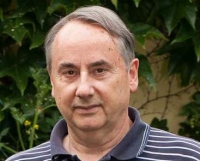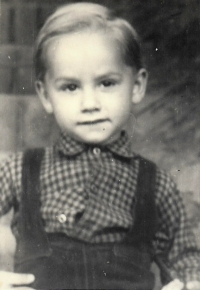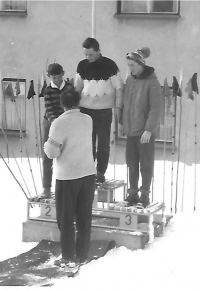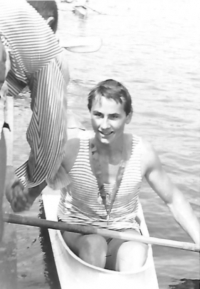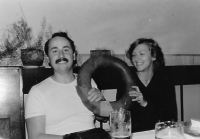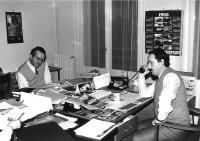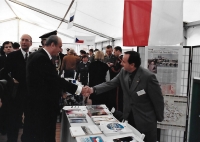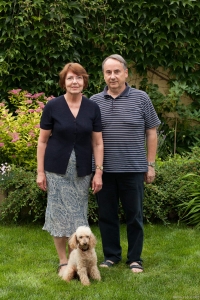Everything ought to be doubted

Download image
Pavel Hořák was born on January 16, 1950 in Prague, but has lived in Písek since the age of three years. His mother was Jewish and survived his stay in Terezín, and his father was deported as a husband from a “mixed” marriage to the Klettendorf labor camp in what is now Poland. After graduating in 1968, Pavel went to France for a few months, where he learned about the occupation of Czechoslovakia and then went through a complicated return to his homeland. He graduated from the University of Economics and joined the company Motokovo. In 1982, he traveled to Paris representing the sales department of Motokovo for five years. During his stay, he advocated for the participation of Czechoslovakia in the Paris-Dakar race, which he also participated in twice. After the Velvet Revolution, he went to Paris again as a diplomat. Subsequently, he also worked as a diplomat in Vienna. Today (in 2020) he lives in Písek.
